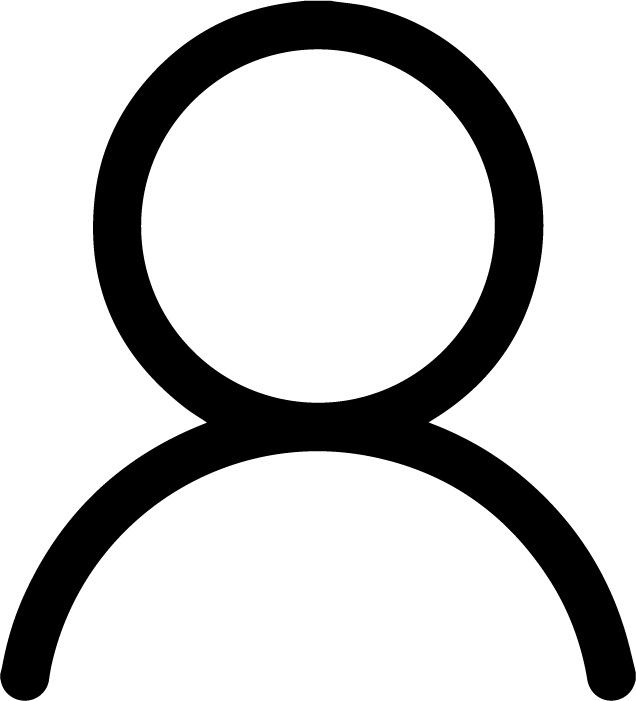How Therapy Speak Infiltrated Our Friendships
In late 2019, writer Melissa A Fabello compiled a Twitter thread about why friends asking other friends for consent in respect to emotional labour should be common practice. Emotional labour describes “the mental activity required to manage or perform the routine tasks necessary for maintaining relationships,” and it typically refers to the unappreciated burden borne disproportionately by women in the workforce and household. It is not commonly used in the context of friendships, so Fabello’s thread was a fresh, albeit perplexing, perspective.
In it, she gave an example of how to respond to a struggling friend asking for support. “Hey!” reads Fabello’s suggested template. “I’m so glad you reached out. I’m actually at capacity / helping someone else who’s in crisis / dealing with some personal stuff right now, and I don’t think I can hold appropriate space for you.”
The thread was mercilessly mocked and immediately went viral.
But for how ridiculous the concept of emotional labour in friendships seemed back then –for all the malice and memes the text templates inspired, have we moved so far towards a self-optimisation of both society and the self that therapy speak is now a part of our everyday conversations?
Therapy in itself, obviously, is a helpful tool to understand ourselves and the world better. But the thinning and weakening of therapeutic concepts, as applied to situations they might not be appropriate for and without the expert guidance of a certified psychologist, might do more hard than good. We commonly see this on social media, where complicated notions are twisted and simplified to be repurposed as quick content, as tips and tricks for self-optimisation.
Psychologist and author Lori Gottlieb says the downside to “Instagram therapy” is the turning of a complex and relational process into something “ego-directed, as if the point were always, ‘I’m the most important person and I need to take care of myself.” The trend has been observed mostly in the context of modern dating, but I’ve noticed it most intensely in my friendships. And I hate it!
While I’ve never been on the receiving end of Melissa Fabello’s template -but never say never, as the trend is not going anywhere- the rise of scripted Whatsapp chats and pseudo-gracious performances has been puzzling me for a long time.
I’m holding space for you.
Read: I’ll send this one text and then not speak to you for 3 weeks
I’m just so burnt out I couldn't find the time to text back.
Read: I got a new boyfriend and forgot you existed.
I’m at capacity but I’d love to revisit this conversation at a convenient time for both of us.
Read: I don’t want to have this conversation.
I’d love to jump on a call and discuss this next phase of our friendship.
A paraphrased but very real text I actually got, which felt so icky I’d rather have jumped into the Thames than on a call.
In my personal and anecdotal experience, it’s only got worse during the last few years, as a result of pandemic-induced physical distance and the onset of TikToks and Reels.
The New York Times recently looked into the phenomenon: “All pain is ‘harm.’ All ‘harm’ is ‘trauma.’ All ‘trauma’ comes from someone who is an ‘abuser,’ writes Jessica Bennett. “Call it post-traumatic hyperbole. Or TikTok pseudo-psychology. Or even therapy-speak.” However we choose to refer to it, the fact is that terms like burnout, love bombing, gaslighting, triggering, have infiltrated our language and our social media feeds to a certain loss of precision, and sometimes, meaning. Because the use of pseudo-therapeutic terminology often denotes less real utility and more performance. Good intentions, perhaps, but little to show for them.
In The New Yorker, Katy Waldman writes that applying this language to template texts, and everyday life at large, suggests “a sort of woke posturing, a theatrical deference to norms of kindness,” and it shows how “the language of suffering often finds its way into the mouths of those who suffer least.” Because no one should be expected to be available 24/7 whether that’s to an employer or a friend —but if rejecting a request for comfort with a jargon-filled template might seem respectful, it’s really just cold.
Beneath the shine and seemingly gracious positioning, scripted conversations make for empty conversations. And the pandemic didn’t help, as the more isolated our lives get, the more stilted our catching up becomes. More and more, the song and dance tactics we’re seeing employed in our closest relationships are there to mask how difficult relating has become over the last two years, and how different its very mechanics might look compared to pre-pandemic times.
In place of regular hangouts and occasions, we had two years of on and off chaotic and ever-changing social norms, marked by isolation, loneliness, and sometimes even awkwardness when it came to reviving those pre-March 2020 relationships.
The truth is friendship has never been harder to nurture and maintain, but getting the corporate and therapy jargon out of them might help. What we need is warmth, connection, and a way to reignite the fire of belonging -whether that’s to a friendship group, a community, or any other group. The way forward must be paved with less burnout, capacity, and gaslighting, or it won’t be paved at all, because we’ll forget what it means to relate to other humans before we can even get there.
More holding each other close, less holding space. Or space will be the only thing left between us.











